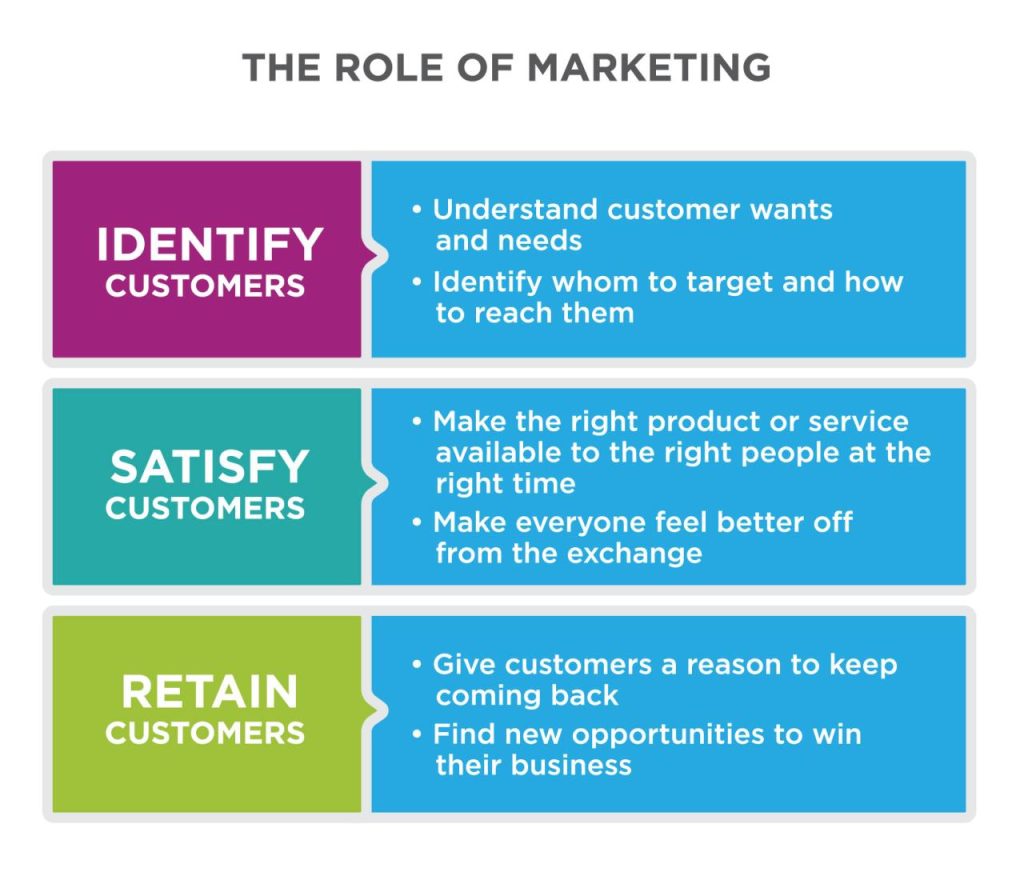The Role of Reviews in Insurance Product Decisions introduces a crucial aspect of today’s insurance market where consumer feedback can significantly influence choices. In a world where information is readily available, reviews serve as both a guiding light and a cautionary tale for potential policyholders. They provide insights not only into the effectiveness of various insurance products but also into the companies that offer them, shaping the decision-making process for many.
Understanding how reviews impact insurance product decisions is essential for consumers looking to make informed choices. As buyers analyze these reviews, they often find themselves considering not just the financial aspects but also the customer service experiences shared by others. This interplay between user-generated content and industry standards highlights the evolving nature of consumer expectations in the insurance sector.
In today’s fast-paced world, the importance of effective communication cannot be overstated. From personal relationships to professional settings, the way we convey our thoughts, ideas, and emotions plays a significant role in shaping our interactions with others. This article delves into the nuances of effective communication, exploring its various forms, the barriers that can hinder it, and strategies to enhance our communicative skills.Effective communication encompasses a broad range of abilities, including verbal, non-verbal, and written communication.
Verbal communication refers to the spoken words we use to express ourselves, while non-verbal communication includes gestures, facial expressions, and body language that complement our verbal messages. Written communication, on the other hand, involves any message conveyed through written symbols, such as emails, texts, letters, and reports.One of the fundamental aspects of effective communication is clarity. Clarity ensures that the message is easily understood by the recipient.
When communicating, it is crucial to articulate our thoughts clearly and concisely. Avoiding jargon and overly complex vocabulary can help in making our messages more accessible. For instance, when explaining a technical concept to someone unfamiliar with the topic, it may be beneficial to simplify the language and provide relatable examples.Another key component of effective communication is active listening. Often overlooked, active listening is the practice of fully concentrating on what the speaker is saying rather than just passively hearing the words.
This involves providing feedback, asking questions for clarification, and summarizing the speaker’s points to ensure understanding. Active listening fosters a sense of respect and validation, encouraging open dialogue and collaboration between parties.In addition to clarity and active listening, non-verbal communication plays a crucial role in how our messages are received. Body language, eye contact, and facial expressions can convey emotions and intent, sometimes even more powerfully than words.
For instance, crossing arms may signal defensiveness or discomfort, while maintaining eye contact can indicate confidence and interest. Being aware of our own non-verbal cues and those of others can enhance our communication effectiveness and prevent misunderstandings.Barriers to effective communication can arise from various sources, including cultural differences, emotional states, and environmental factors. Cultural differences can lead to misinterpretations of gestures or phrases that have different meanings in different contexts.
For example, direct eye contact may be seen as a sign of confidence in some cultures, while it may be viewed as disrespectful in others. Understanding and respecting these cultural nuances is essential for fostering effective communication in diverse environments.Emotional states can also influence how we communicate. When we are stressed, angry, or anxious, our ability to convey our thoughts clearly may diminish.
Emotions can color our perceptions of the conversation, leading to miscommunication. Being aware of our emotional state and taking steps to manage it can significantly improve our communication skills. Techniques such as deep breathing, taking a moment to gather our thoughts, or even stepping away from the conversation for a moment can help us respond more thoughtfully.Environmental factors, such as noise, distractions, or the physical setting of the conversation, can also impede effective communication.
For example, having a discussion in a crowded or noisy place may lead to misunderstandings due to inability to hear clearly. Choosing an appropriate setting for important conversations and minimizing distractions can enhance the quality of our interactions.To further improve our communication skills, it is beneficial to seek feedback. Constructive feedback from friends, family, or colleagues can provide valuable insights into areas where we may need to improve.
Being open to receiving criticism and making an effort to incorporate it into our communication style can lead to significant growth.Moreover, practicing empathy is integral to fostering effective communication. Empathy involves understanding and acknowledging the feelings and perspectives of others. When we approach conversations with empathy, we create a safe space for dialogue, allowing others to express themselves freely. This not only strengthens our relationships but also enhances collaboration and teamwork.In the workplace, effective communication is vital for productivity and employee satisfaction.
Clear communication can lead to fewer misunderstandings, enhanced teamwork, and a more positive work environment. Conversely, poor communication can result in confusion, frustration, and decreased morale. Organizations can foster a culture of effective communication by providing training, encouraging open dialogue, and utilizing various communication channels to cater to different preferences.In conclusion, effective communication is a multifaceted skill that requires continuous effort and practice.
By focusing on clarity, active listening, non-verbal cues, and empathy, we can enhance our ability to connect with others meaningfully. Recognizing and addressing barriers to communication, seeking feedback, and creating conducive environments can further improve our communicative effectiveness. Whether in personal relationships or professional settings, honing our communication skills will undoubtedly lead to more fulfilling and productive interactions. As we navigate through various communication scenarios, let us strive to be better communicators, fostering understanding, collaboration, and respect in all our interactions.
FAQ Overview: The Role Of Reviews In Insurance Product Decisions
Why are reviews important in the insurance industry?
Reviews help consumers make informed decisions by providing insights into the experiences of others with various insurance products and companies.
How do negative reviews impact insurance companies?
Negative reviews can damage a company’s reputation, leading to potential losses in customers and impacting their overall market standing.
Can I trust online reviews for insurance products?
While many online reviews are genuine, it’s important to consider a range of opinions and look for verified reviews to get an accurate picture.
How should consumers interpret mixed reviews?
Mixed reviews suggest a variety of experiences; consumers should focus on patterns and common themes within the reviews to guide their decisions.
What role do expert reviews play compared to user reviews?

Expert reviews can offer professional insights and analysis that may not be present in user reviews, providing a more comprehensive understanding of a product’s features and benefits.






